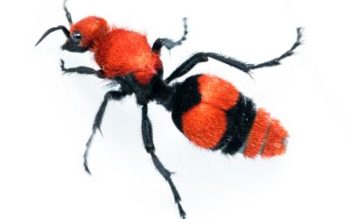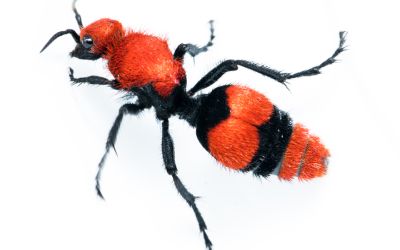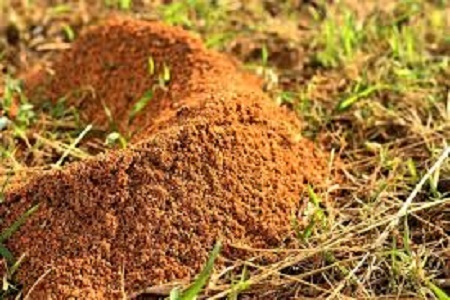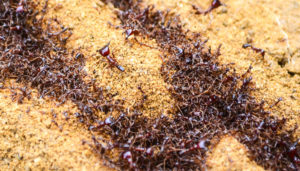
If you’ve encountered ants on your property, it stands to reason. Ants are one of the most prolific types of insect in the world. There are over 12,000 different ant species and they inhabit almost every corner of the globe except for Greenland, Iceland and a few other islands.
Since ants live almost everywhere, sooner or later you’ll cross paths with them. Most species aren’t a threat to humans but some are dangerous because they’re especially venomous or aggressive. You can reduce your risk of being bitten or stung if you know which types of ants to avoid. The experts at Southern Pest Control show you which ants to steer clear of.
What are America’s Most Dangerous Ants?
In the eastern US, the field ant is a very common species. They usually build nests underground although sometimes they make nests in rotten wood. They’re not venomous or aggressive. They made this list because they’re common in a large portion of the country and will bite you if you mess with their nest.
The velvet ant isn’t actually an ant. It’s a type of wasp, but the females of the species lack wings so they’re often mistaken for ants. While they may not be able to fly, they do have a venomous and extremely painful sting. That’s given this insect the nickname “cow-killer” where it lives in the eastern US.
There are many species of harvester ants in the US. Most of these species aren’t much of a hazard to humans. However, two species, the Maricopa harvester ant and Florida harvester ant pose a real threat. The Maricopa harvester ant is one of the most common ant species in Arizona and lives throughout the southwestern US as well as in Mexico. It’s believed to have the most toxic insect venom on earth. The Florida harvester ant is common from Florida to North Carolina and its venom is also extremely powerful. In fact, it’s more toxic than the venom of a cobra.
The red imported fire ant originated in South America but was accidentally introduced to the US, Australia and some Caribbean nations in the 1930s. It’s the most dangerous species of ant in the US. Their stings are extremely unpleasant. They don’t just cause burning and swelling. They also create itchy pus-filled blisters that can last for over a week. Some people stung by these ants even go into anaphylactic shock. More than 14 million people per year are stung by these insects, according to research from Texas A&M University. Over 80 deaths have been reported in the US due to red imported fire ant stings.
Why are Ant Bites so Painful?
So, what makes ant bites and stings so unpleasant? Ants use their mandibles (jaws) to bite the skin of their target and then release formic acid – an irritating chemical – on the skin of the target. You might think the swelling, redness and irritation were caused by the bite itself, but the formic acid is a larger factor. People who are allergic to formic acid may experience more serious symptoms, like those that accompany an ant sting.
Why are Ant Stings so Painful?
Almost all ants have jaws or pinchers to bite with, but not all of them have stingers and venom. Even fewer have venom that’s strong enough to be hazardous to humans.
An ant sting starts off like an ant bite. They lock their mandibles (jaws) in the skin of their target and release formic acid. Then they pivot their rear end, poke their stinger into the target’s skin and inject venom. The longer it takes to get the ant off of you, the more times you can be stung, the more venom will be injected and the more painful the sting will be. Ant venom – fire ant venom in particular – can also cause an allergic reaction which may include: itchiness, dizziness, nausea, vomiting, hives, and tightness in the chest, or difficulty breathing.
Ant Exterminators in the Mississippi Gulf Coast
Southern Pest Control has been eliminating ants from homes and businesses throughout the Mississippi Gulf Coast since 1975. If you have ants on your property, especially if you suspect they may be fire ants, don’t wait until after you, your family, or your pet is bitten or stung. Contact us today!




